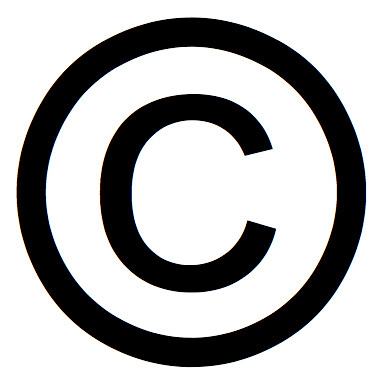 As a business owner, what do you need to know about intellectual property? A fair amount, actually. This is the first of a three-series post about it that focuses on a common mistake made by companies: copyright infringement. Keep reading to find out what it is and how to protect yourself by making sure you only use intellectual property in the public domain.
As a business owner, what do you need to know about intellectual property? A fair amount, actually. This is the first of a three-series post about it that focuses on a common mistake made by companies: copyright infringement. Keep reading to find out what it is and how to protect yourself by making sure you only use intellectual property in the public domain.
First we should start by defining intellectual property. According to the United States Patent and Trademark Office, “It is imagination made real. It is the ownership of dream, an idea, an improvement, an emotion that we can touch, see, hear, and feel. It is an asset just like your home, your car, or your bank account. Just like other kinds of property, intellectual property needs to be protected from unauthorized use.”
The office goes on to explain that copyrights are one of the ways to protect intellectual property; they protect “works of authorship, such as writings, music, and works of art that have been tangibly expressed. The Library of Congress registers copyrights which last the life of the author plus 50 years. Gone With The Wind (the book and the film), Beatles recordings, and video games are all works that are copyrighted.”
Just because a work of authorship isn’t registered with the Library of Congress doesn’t mean it’s not copyrighted, though. As Citizen Media Law Project explains, “Copyright law applies to online material just as it does to offline material, assuming the prerequisites for copyright protection are met. Thus, if you use someone else’s work, you could be liable for what is called ‘copyright infringement.’ Basically, copyright infringement exists if you exercise one or more of the exclusive rights held by a copyright owner. A copyright owner enjoys the following exclusive rights:
- To reproduce the work in copies
- To prepare derivative works based upon the work
- To distribute copies of the work to the public
- To perform the work
- To display the copyrighted work
- And, in the case of sound recordings, to perform the work publicly by means of a digital audio transmission”
If you’re interested, you can read more about copyright infringement law at www.copyright.gov.
So how do you make sure you aren’t guilty of copyright infringement? One way is to make sure any works of authorship you use are in the public domain. What does this mean? According to the University of California, the public domain consists “of works that are either ineligible for copyright protection or with expired copyrights. No permission whatsoever is needed to copy or use public domain works.” Their site has a great list of works that make up the public domain in addition to rules of thumb to refer to.
Do you have specific questions about intellectual property, copyright infringement and the public domain? Contact us and we can help!
Photo Credit: MikeBlogs
 Subscribe to RSS
Subscribe to RSS Subscribe by Email
Subscribe by Email Like us on Facebook
Like us on Facebook Follow us on Twitter
Follow us on Twitter